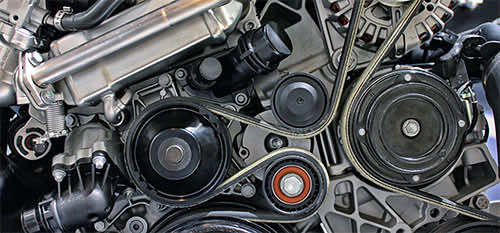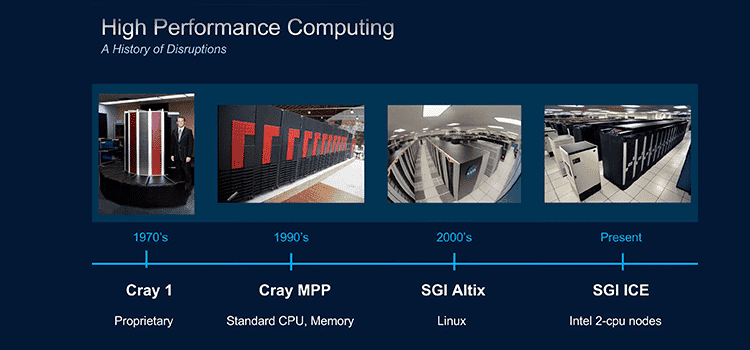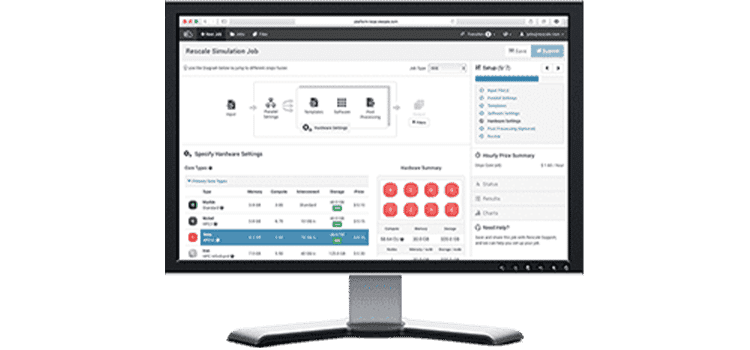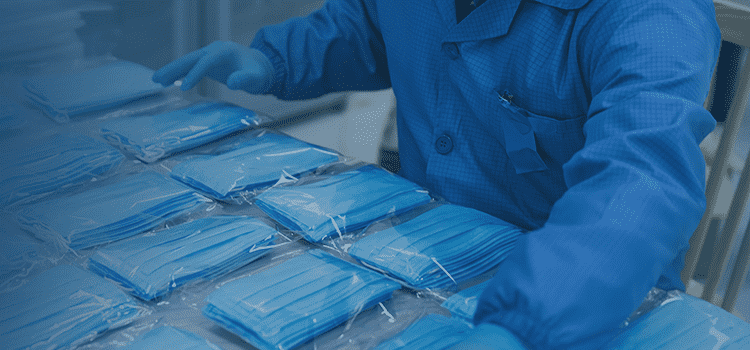Automotive: Piston Skirt Performance Optimization
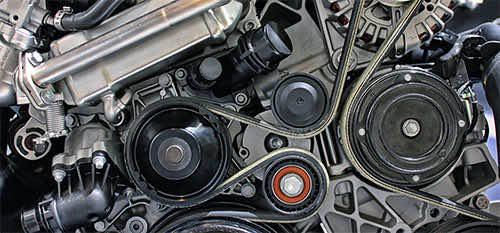
For leading manufacturers of automotive vehicles and their suppliers, product development remains an expensive and time-consuming task. Demanding customers, strict regulations, and a highly competitive environment have all elevated the role of engineering and product development to the point where it can make or break a company’s prospects.
Advanced engineering simulation plays a key role in the early stages of vehicle development, allowing automotive engineers to cycle through various design iterations without investing in hardware. Today, computer-aided designs for use in simulation and further analysis are highly complex. Even with on-site high-performance computing (HPC) clusters, running these analyses can take days or weeks. In addition, running design iterations in parallel to fully explore the design space remains extremely difficult, with engineers running into HPC capacity constraints and having to wait in queue to run their jobs.
To address the above concerns on a new program for a major auto manufacturer, a Tier 1 automotive supplier turned to Rescale. Our customer used Rescale to set up and compute a design of experiments (DOE) to optimize the profile of a piston skirt in an internal combustion engine, with the goal of minimizing power loss due to contact friction. Optimizing the piston skirt is imperative, as its flexibility and profile determine the shape of the piston-cylinder interacting surfaces. This DOE was performed for 4 load conditions (idle, city, highway, and medium load), with 150+ simulations for each condition. The simulation model was a fully parametric, flexible 3D model of the piston. Both thermal and mechanical deformation of the piston were taken into account. In this particular case, the solver was a proprietary cylinder analysis simulation code used in the investigation of engine-related performance phenomena.
To carry out large-scale parallel simulations, hundreds of clustered processors are often needed, requiring significant upfront hardware, software and IT support personnel costs. As a result, this type of simulation has largely remained out of reach to all but the largest of automotive manufacturers. Another challenge is that a full DOE with hundreds of individual simulations can take weeks to run, rendering it impractical for commercial design cycles.
Using the Rescale platform, the user was able to set up a full DOE in a matter of minutes. Upon job submission by the user, the Rescale-powered proprietary solver performed as follows:
- 32 processors were dynamically provisioned within five minutes of job submission.
- Proprietary customer-provided code was invoked across the 32-processor cluster, simulating 672 designs.
- Results were gathered and delivered to local servers for post-processing and analysis.
- All computing instances across the cluster were deleted upon completion.
Security concerns were fully addressed as well: Rescale jobs are run on SOC 2 and ITAR-certified infrastructure; all customer data was transferred in an end-to-end encrypted environment. Dedicated cluster instances were provisioned to ensure that data mingling did not occur; and data was purged upon completion of the case.
In this case, the customer estimated that running this job on Rescale’s platform reduced simulation runtime by >90% and saved approximately 120 hours of engineering manpower when compared to the alternative of running locally. Additionally, running 150+ simulations for each load case revealed critical insights that would have remained hidden had the customer run only the typical 5-10 simulations per load case on local computing hardware.
To learn more, contact us at sales@rescale.com

